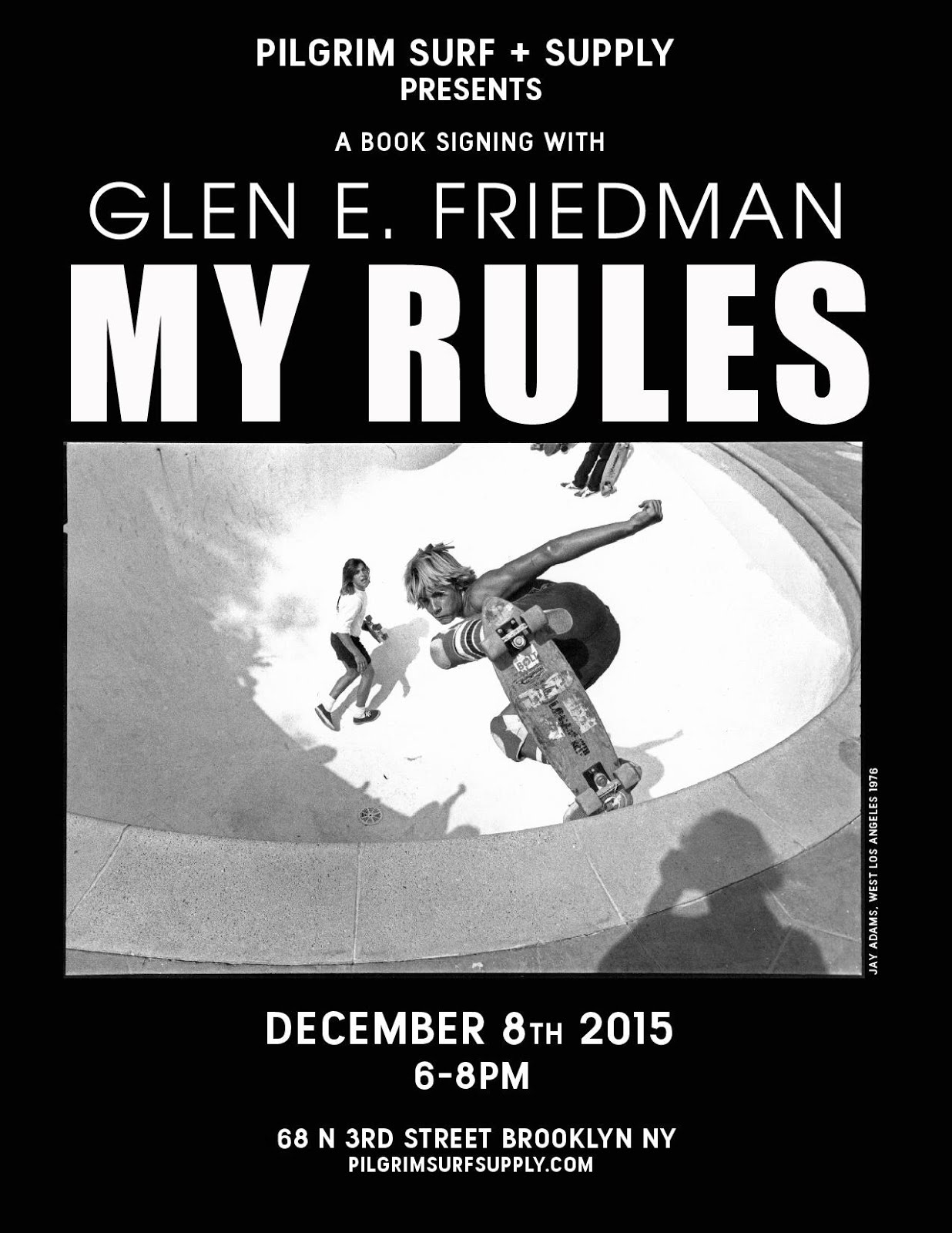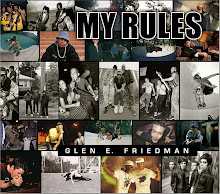
Spanish designer Martín Azúa created the
Bios Urn. The Bios Urn turns you into a tree after you die. When your remains have been placed into the urn, it can be planted and then the seed germinates and begins to grow.
The Bios Urn project reintroduces the human being to the natural circle of life. It is the profaine ritual of regeneration and the return to nature. Bios is a mortuary urn made from biodegradable materials: coconut shell, compacted peat and cellulose.
Inside it contains the seed of a tree. Once the urn is planted, the seed germinates and begins to grow. The seed can be changed for a different type of seed or plant more adequate to the chosen planting place, if need be.
Thanks,
Presurfer
































